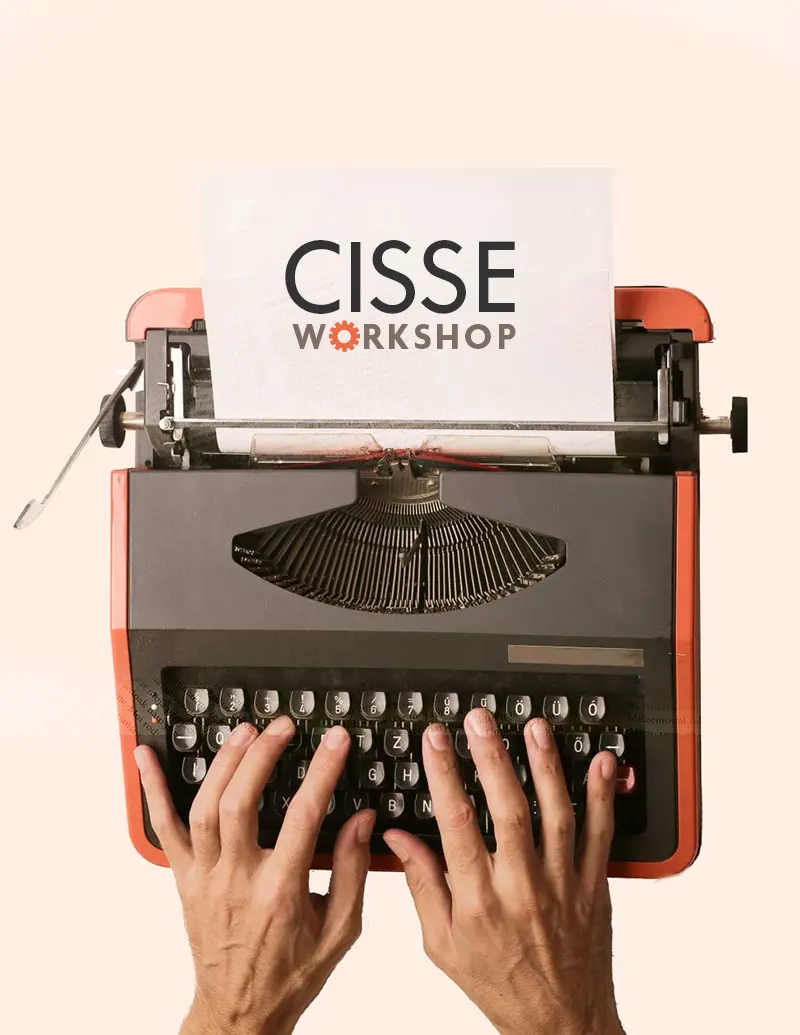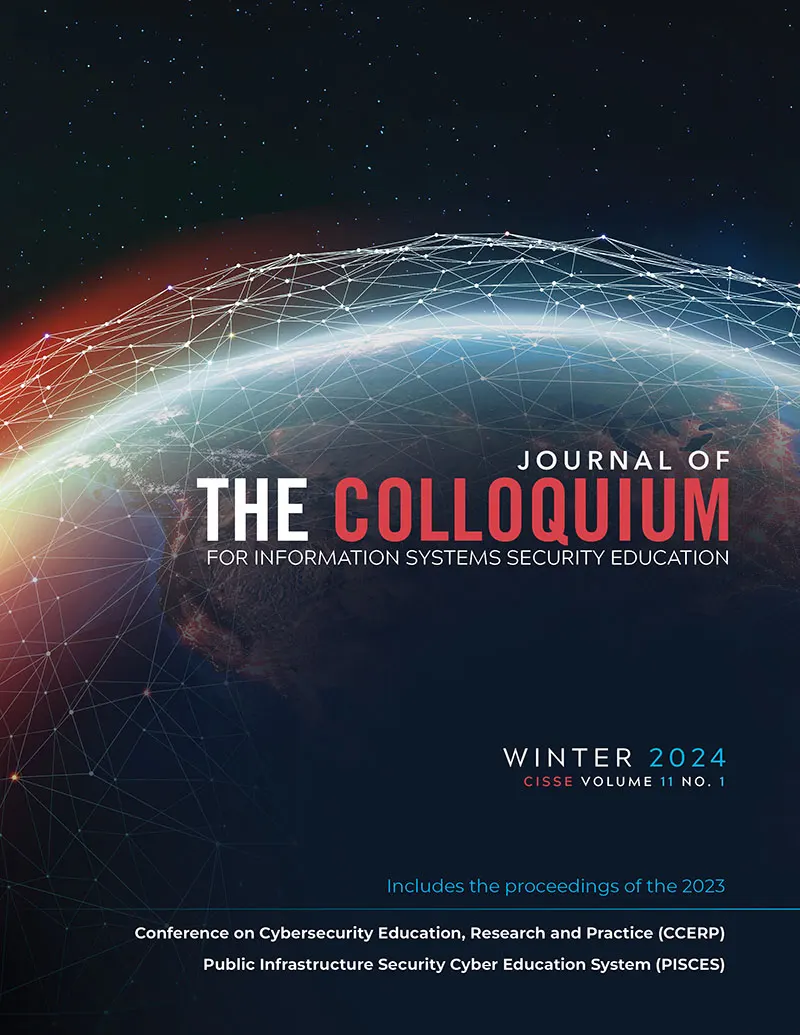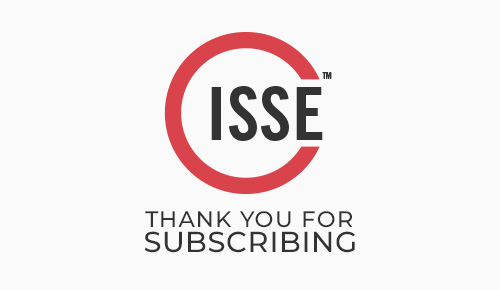28th Colloquium
Building a Resilient Cyber Culture: Education as the Foundation
The 28th Colloquium will convene from November 13th to the 15th in Tampa, Florida. We graciously welcome The University of Tampa as host and academic partner for the 2024 conference.
Papers & Presentations
Call for Papers
Participating in The Colloquium™ are representatives from education, industry, and government, who seek to further cybersecurity education. Interested individuals are encouraged to submit papers, presentations, and proposals by August 15, 2024.
Sponsorship
Opportunities
CISSE offers a distinctive platform for showcasing your organization, targeting not just enthusiasts, but the educators in cybersecurity. Place your tools in the hands of these distinguished individuals and demonstrate how you can bolster their mission.
28th Colloquium
Planning Committee
Planning for the 28th Colloquium is underway. We welcome input from members to help diversify program offerings and connect with potential speakers and subject matter experts. If you have any suggestions or feedback, please email inquiry@thecolloquium.org. If you are interested in joining the planning committee, please get in touch.
28th Colloquium
Member Support
As a non-profit organization, CISSE relies solely on member support. If you value our mission of service, please consider making a donation or supporting the organization through charitable pledges.
Stay Connected
Interested in attending the 28th Colloquium? Register to receive updates on the latest news, program details, discounts, opportunities, and speakers.
Copyright © 2024 CISSE™. All rights reserved.





